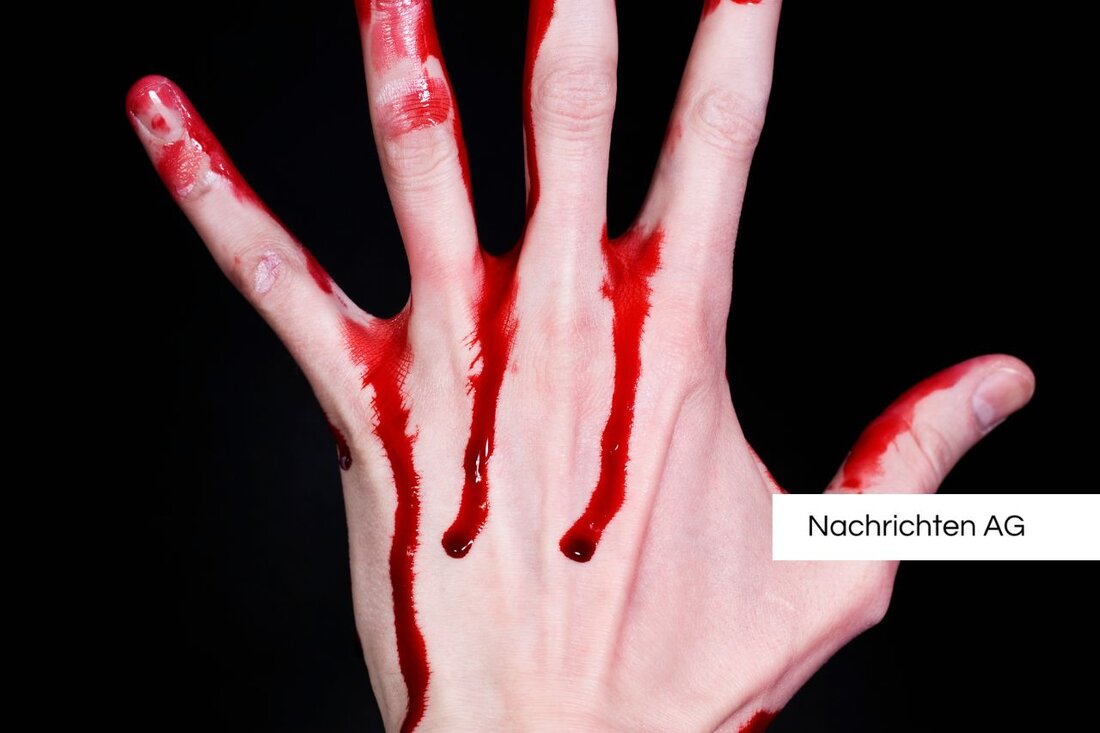Corpus Christi 2025: A festival full of tradition and celebrations!
Corpus Christi, an important Catholic holiday on the second Thursday after Pentecost, celebrates the Eucharist with festive processions.

Corpus Christi 2025: A festival full of tradition and celebrations!
On June 19, 2025, the Catholic festival of Corpus Christi will be celebrated in Austria, officially known as the “Solemnity of the Body and Blood of Christ”. This holiday is one of the most important occasions in the Catholic church year and highlights the real presence of Jesus Christ in the Eucharist. The term “Corpus Christi” is derived from the Middle High German “vrône lîcham,” which means “body of the Lord.” The festivities are characterized above all by colorful processions in which the consecrated host is carried through the streets in a monstrance, accompanied by clergy, altar boys, music bands and costume clubs.
Corpus Christi is celebrated on the second Thursday after Pentecost, which is 60 days after Easter Sunday. The origins of the festival go back to the Augustinian nun Juliana of Liège in the 13th century. Juliana, who was orphaned at an early age and was cared for by Augustinian choir women, had visions that inspired her to call for a celebration of veneration of the Eucharist. Their idea found support among confreres and was ultimately included in the church calendar as an official festival by Pope Urban IV in 1264. The celebration is recognized as a public holiday in Austria and not only attracts believers, but many people use this day for short vacations or relaxing hours outdoors.
Traditions and celebrations
The processions during Corpus Christi are a visible expression of the Catholic faith in public spaces. Festively decorated altars are set up along the routes, and in rural areas great emphasis is placed on tradition. Houses are decorated with flags and images of saints, and children scatter flower petals as a sign of respect and reverence. These customs, which originated in the 14th century, are intended to demonstrate Christ's presence in the world and not just confine it within the church.
The first documentation of Corpus Christi processions dates back to the end of the 13th century. These celebrations were accompanied by musical groups and often included decorated altars along the route. The custom of carrying the consecrated host around during the feast was introduced by Pope Urban IV after he used the Miracle of Bolsano as evidence of the necessity of the feast. In modern times it is at the discretion of the local bishop how and whether a procession should take place.
The meaning of the festival
Corpus Christi reminds believers that their religion can and may be publicly visible. The holiday has become established not only in Austria, but also in predominantly Catholic federal states in Germany. At Vatican II, the Eucharist was emphasized as the highest form of worship, underscoring the importance of Corpus Christi. While critics such as Martin Luther viewed the celebrations as a provocation, Corpus Christi remains a significant time of faith and community.
Rooted in tradition, many believers celebrate this day as part of their religious identity. Juliana of Liège, who was largely responsible for establishing the festival, was canonized in 1869. Their visions and commitment to the Eucharist continue to achieve great significance in the Catholic community through Corpus Christi. The canonization of her companion Eva von Liège is another sign of her influence in the history of this celebration.
For more information about the background of the festival, we refer to [oe24](https://www.oe24.at/oesterreich/chronik/was-wird-an-fronleichnam-eigentlich-ge Feiert/637764216), katholisch.de and [deutschland- Feiert.de](https://www.deutschland- Feiert.de/religioese-ferientage/).

 Suche
Suche
 Mein Konto
Mein Konto